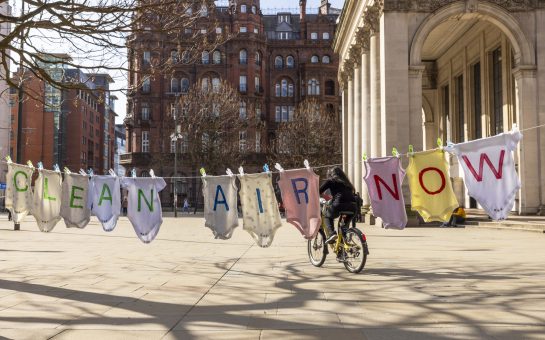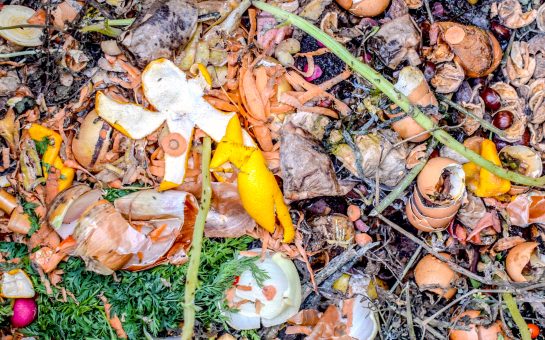An incredible 53 million non-recyclable single use face masks a day are being thrown away and sent to landfill.
That adds up to 743 million a week or 1.6 billion a month.
National recycling company Trade Waste predicts the total will reach a shocking 6.3 billion in just four months – weighing an incredible 20,000 tonnes.
Charlotte Green, from Trade Waste, warned: “If the rules on mask wearing continue throughout 2021, this could top 19.2 billion.
“The numbers are absolutely mind-blowing.”
They calculate that, in one year, non-recyclable mask waste in landfills would weigh the equivalent of five-and-a-half Eiffel Towers.
Disposable face masks are currently formed from heated and pressed plastics which means they cannot easily be recycled and will most likely end up in landfill.
However, they can also cause extensive damage outside of landfill.
Ms Green explained: “It gets even worse if the face mask is either deliberately or accidently dropped.
“They are blown around and end up in watercourses, rivers and eventually the ocean.
“This impact can have awful consequences if wildlife comes entangled in the fibres, or ear loops.”
What can we do to prevent this?
The main thing to remember is choosing an alternative before buying a disposable mask means the manufacture of that mask is prevented.
Here are some alternatives:
- Buy a washable face mask made from either recycled materials or washable cotton.
- Use a paper facemask that can be recycled – these are becoming more widely available
- Use a recycling which accepts disposable face masks made from plastic, such as dust masks, FFP2 (or so-called “N95”), FFP3 and surgical masks.
Ms Green concluded: “If you can use a mask where there are no parts to throw away, then you are doing your bit to prevent excess plastic from going to landfill, and in the worst case being blown into local rivers and streams.
“If you think in a year we will dump the equivalent of five-and-a-half Eiffel Towers in 3.5g face masks, you’ll see the scale of the problem we are facing at the moment.”
Data from TradeWaste.co.uk – for local information visit https://www.tradewaste.co.uk/manchester/



